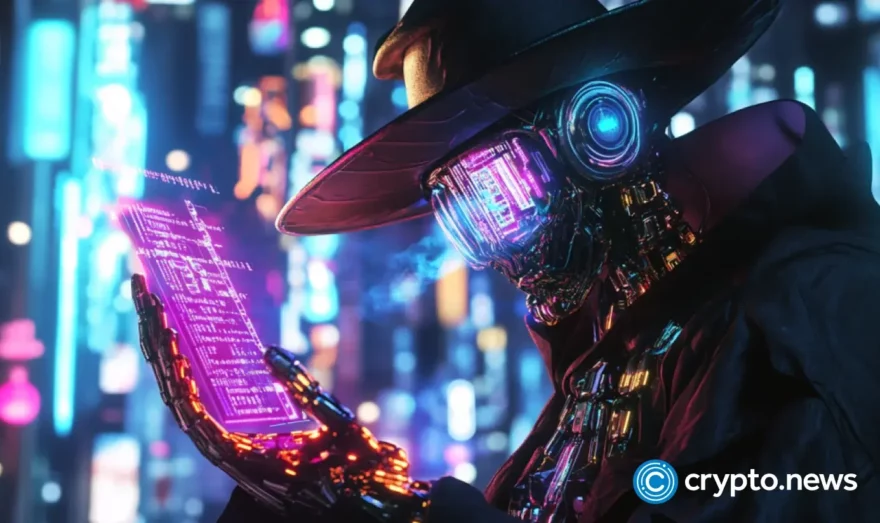The Withers Collection Museum and Gallery Introduces the First Black NFT Initiative

To preserve the history of the black movement in the United States, the Withers museum has unveiled the first Black NFT. The move is to inform the younger generation of blacks of the struggles of the past and leave an impression on their young minds.
Withers Museum Launches the First Black NFT Project
According to Rosiland Withers, founder of the Withers museum, the responsibility is on them to ensure history is embedded in the minds of the young. And to achieve this, the platform issued the first black non-fungible tokens (NFT) to preserve its historical facts.
Withers disclosed that the museum engaged the services of the 1687 Club to develop its NFT. As a digital asset, the NFT will ensure that black history in whatever form is preserved for the younger generations.
Furthermore, Dr. Ernest C. Withers, father of the museum founder and former official photojournalist for Dr. Martin Luther King, noted that he has a massive collection of images.
His portfolio includes 1.8 million images and above in five different categories. In addition, the categories include civil rights, music, politics, lifestyle, and baseball. According to him, the lifestyle category contains the bulk of his work.
Meanwhile, Natasha Bell, the 1687 Club’s co-founder, added that the club aims to generate revenue from projects like this.
Bell noted that the first Black NFT project was the first of its kind of historical art. As a digital collectible, buyers, upon purchase, have the sole ownership of the intellectual property of the image they purchased. Bell revealed that this is akin to how cryptocurrency is seen, belonging to the buyer upon purchase.
The 1687 Club seeks to leverage the opportunity to partner with the Withers collections as it pushes to digitize its history. Bell reiterates the need to target young creative as they form most of the digital art space.
Using NFT and Blockchain to Reconnect With Audiences
The explosion of NFT into people’s consciousness comes at the peak of the COVID-19 pandemic when most parts of the world are on lockdown.
As a ledger hosted on the blockchain network, NFTs represent things like images, audio, videos, and other types of art that users can reproduce. Similar to how one can buy any item and become the rightful owner of that particular thing, NFTs are viewed the same way.
With NFT, an individual can claim ownership of a particular digital collectible.
However, unlike before, the digital representation of art in stunning high-fidelity images and immersive 3D versions of objects has made the possibility of preserving cultural and historical collections a reality. By utilizing blockchain technology, museums can create original replicas of art exhibitions.
Moreover, as the world becomes increasingly digital, governments and private institutions like royal houses can preserve historical collections in digital formats for future generations to access.
Overall, NFTs represent a two-way street where collectors display art and the public explores and learns about things they are unfamiliar with.















